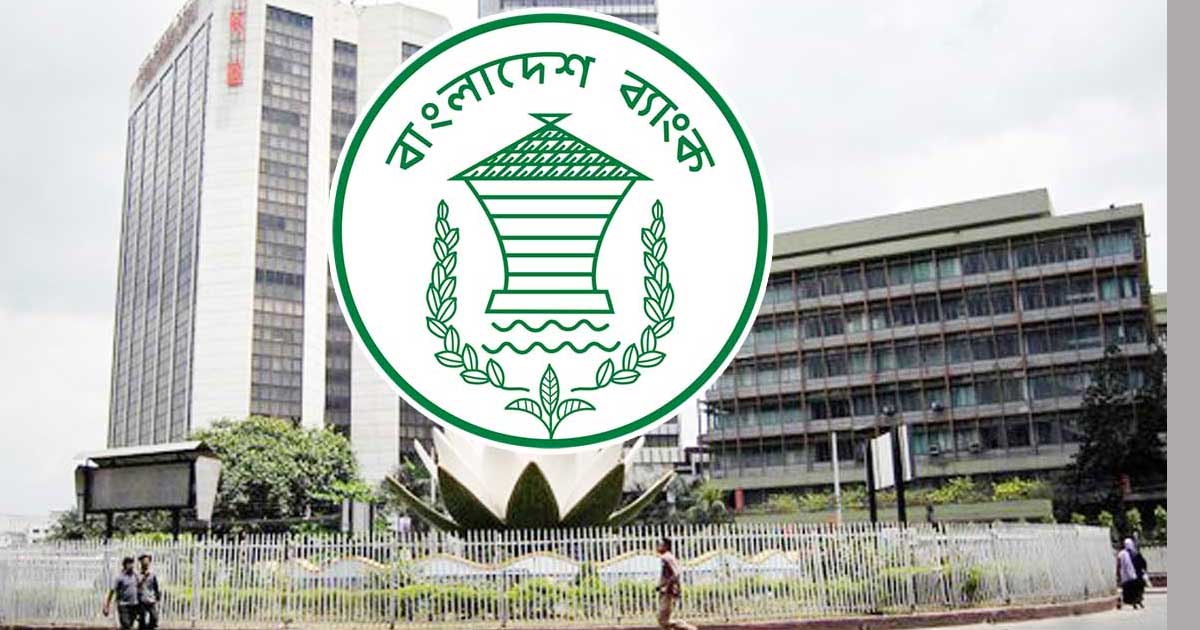The central bank is further reducing the supply of money in the market to deal with the pressure of inflation amid the difficulties of the global situation; As part of this, a `cautious and accommodative` monetary policy has been announced for the second half of the current financial year, with one more rate hike.
As a result of this change, the one-day repo (repurchase agreement) interest rate has increased by 25 basis points to 6 percent from 5.75 percent. And the reverse repo rate has been increased to 4.25 percent from the previous 4 percent. According to the central bank, this change in monetary policy is to mitigate demand-side inflationary pressures, control exchange rate pressures, ensure the supply of necessary funds for the government`s desired economic growth and ensure the supply of credit to job-creating sectors. The special repo rate remains unchanged at 8 percent and the bank rate at 4 percent. Governor Abdur Rauf Talukder announced this monetary policy yesterday at the central bank`s head office and said, "We are going through a challenging time." When banks borrow from the central bank, the interest rate is fixed through repo. And through reverse repo, banks deposit their surplus money with the central bank. The interest rate at which the central bank offers long-term loans to commercial banks is called bank rate. Through these policy rates, the central bank controls the flow of liquidity in the market and the dynamics of the economy, so that a suitable financial environment is created for GDP growth according to the government`s target announced in the budget, and the price of products in the market can also be kept at a tolerable level. While the economy of Bangladesh has started to recover from the shock of the Covid pandemic, foreign exchange reserves have come under severe pressure due to the war in Ukraine; the taka is depreciating against the dollar, and inflation has reached alarming levels. The economy contracted as imports were reined in to maintain reserves; Production is suffering in the face of fuel crisis. Besides, long-term risks like climate change are also facing Bangladesh.
In such a situation, Bangladesh Bank increased the repo interest rate by 25 basis points in the monetary policy announced in June last year. After three months in September, it was increased by another 25 basis points to 5.75 percent. In the new currency, it has been increased to 6 percent. Although the monetary policy has been announced once a year for some time, on the advice of the IMF, Bangladesh Bank has returned to the path of announcing the monetary policy every six months. According to the central bank, the growth of public debt in the six months till last December was estimated at 33.3 percent, achieved at 26.6 percent. And the credit growth in the private sector was estimated at 13.6 percent and became 12.8 percent. In all, the growth of total domestic debt was estimated at 16.9 percent, till last December the growth was 15.1 percent. In monetary policy, broad money (M2) growth was estimated at 10 percent, instead it was 8.4 percent. And in the monetary policy announced for the period of January-June 2023, the growth of public debt has been estimated at 37.7 percent, whereas in the monetary policy announced in June last year, it was estimated at 36 percent. And credit growth in the private sector has been set at 14.1 percent, the same target set last June. Overall, gross domestic credit growth has been pegged at 18.5 percent, compared to 18.2 percent in the monetary policy announced last June. The broad money (M2) growth in the monetary policy was estimated at 11.5 percent, compared to the June monetary policy estimate of 12.1 percent. In the national budget for the fiscal year 2022-23, the government has set a target of 7.5 percent growth in gross domestic product (GDP) while maintaining inflation at 5.6 percent. However, last December, inflation stood at 8.71 percent on a point-to-point basis. The central bank hopes that the new monetary policy will help the government to meet the target of GDP growth.
JH






